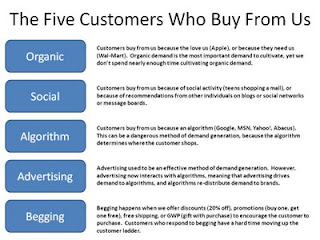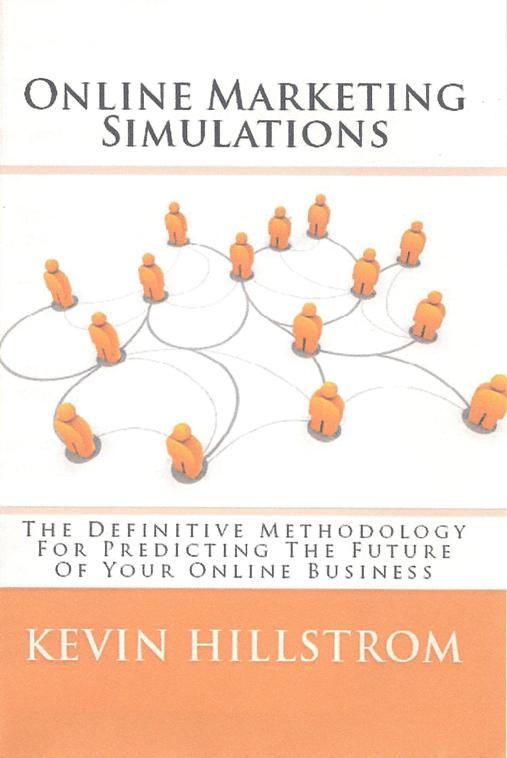For a recap of this series, please read part one, part two, and part three. For a view of the simulation tool used to create the scenarios in this series, click on the Multichannel Forensics Two Channel Simulation Link.
This exercise was created to give everybody, catalogers, vendors, customers, blog participants and third parties, an opportunity to understand how actual customers behave based on a simulation of actual customer behavior. The simulation ends speculation and opinions. The simulation simply illustrates how customers behave, and the business consequences that management may eventually have to deal with.
There is no getting around the fact that phone and mail volume are crippled when catalogs are not mailed. Many jobs would be lost if catalog mailings were limited only to loyal customers. Good, hard working call center staff, distribution center staff, and folks who make a living working in the catalog ecosystem (printers, co-ops, list brokers and managers, paper reps, USPS, merge/purge vendors, contact management software vendors), will have their lives interrupted if things ever get to this point. In many ways, this four part series should encourage the cataloger to partner with third party opt-out services in an effort to stem an outcome that is this bleak.
Remember, there is light at the end of the tunnel. Notice that at the end of the simulation, in years four and five, sales rebound, and profit increases. There is hope! Catalog management can follow a prescription to make sure that if things ever get bleak, the business is insulated from the dire situation illustrated in this series.
Catalog Management Prescription To Avoid A Dire Outcome
It is better to partner with third party opt-out services now than to deal with the dire consequences of this simulation later.
Test significant increases in online marketing NOW! See how far you can push the envelope in e-mail marketing, affiliate marketing, shopping comparison sites, portal advertising, banner/ppc advertising, paid search.
Do everything possible to make your site natural/organic search friendly. Contact our friend Alan now, and have his organization help you with natural/paid search strategies that insulate you from tough choices associated with the long-term prognosis of catalog marketing. His catalog marketing experience is very beneficial for making the transition from catalog to online marketing.
Test not mailing catalogs for a quarter to various segments of your customer file. At the end of the quarter, run matchback analytics on the mailed group, and the holdout group. Truly learn what will happen to your business if you were not allowed to mail catalogs.
Run Multichannel Forensics simulations (there are free links on the homepage of the blog), so that you know the long-term trajectory of your business. You may find that your phone/mail customers are very willing to shop online if not mailed catalogs, which would be highly beneficial to you!
Cultivate organic business. This is easier said than done, but is means EVERYTHING to your business. Organic business happens when customers purchase from your brand because they love you, not because you advertise to the customer. Organic e-commerce sales protect you from any catalog or online advertising issues. Organic e-commerce sales are highly profitable. In this simulation, had the catalog brand had significant and growing organic e-commerce sales, the outcome wouldn't have been as dire.
Be proactive! Test everything now! There is hope!
Labels: Catalog Choice, Do Not Mail, Do Not Mail Legislation, e-commerce, Matchback Analytics, Natural Search, online marketing, Organic Demand, Paid Search
 We're being asked to reduce marketing expense in 2009.
We're being asked to reduce marketing expense in 2009.

